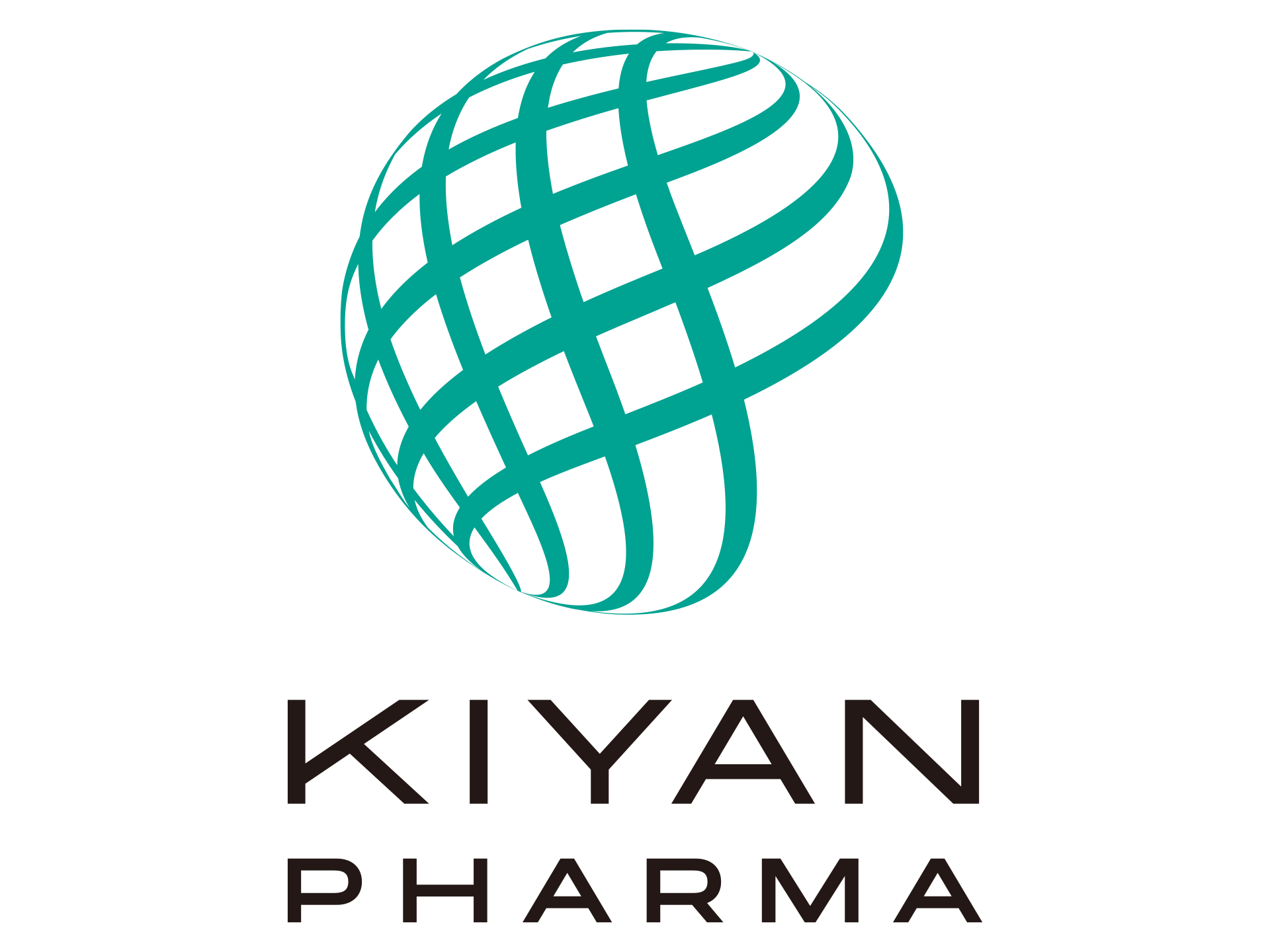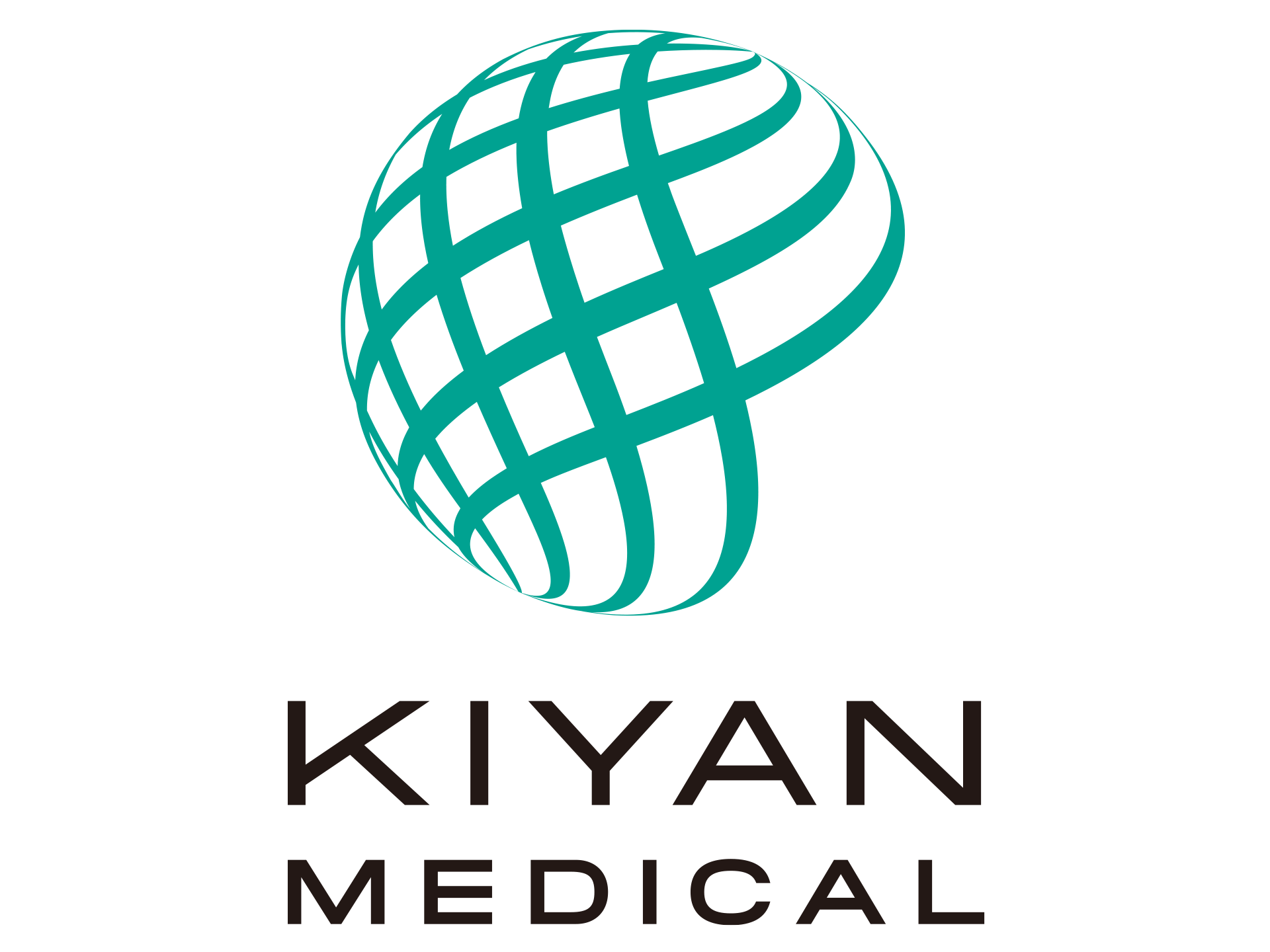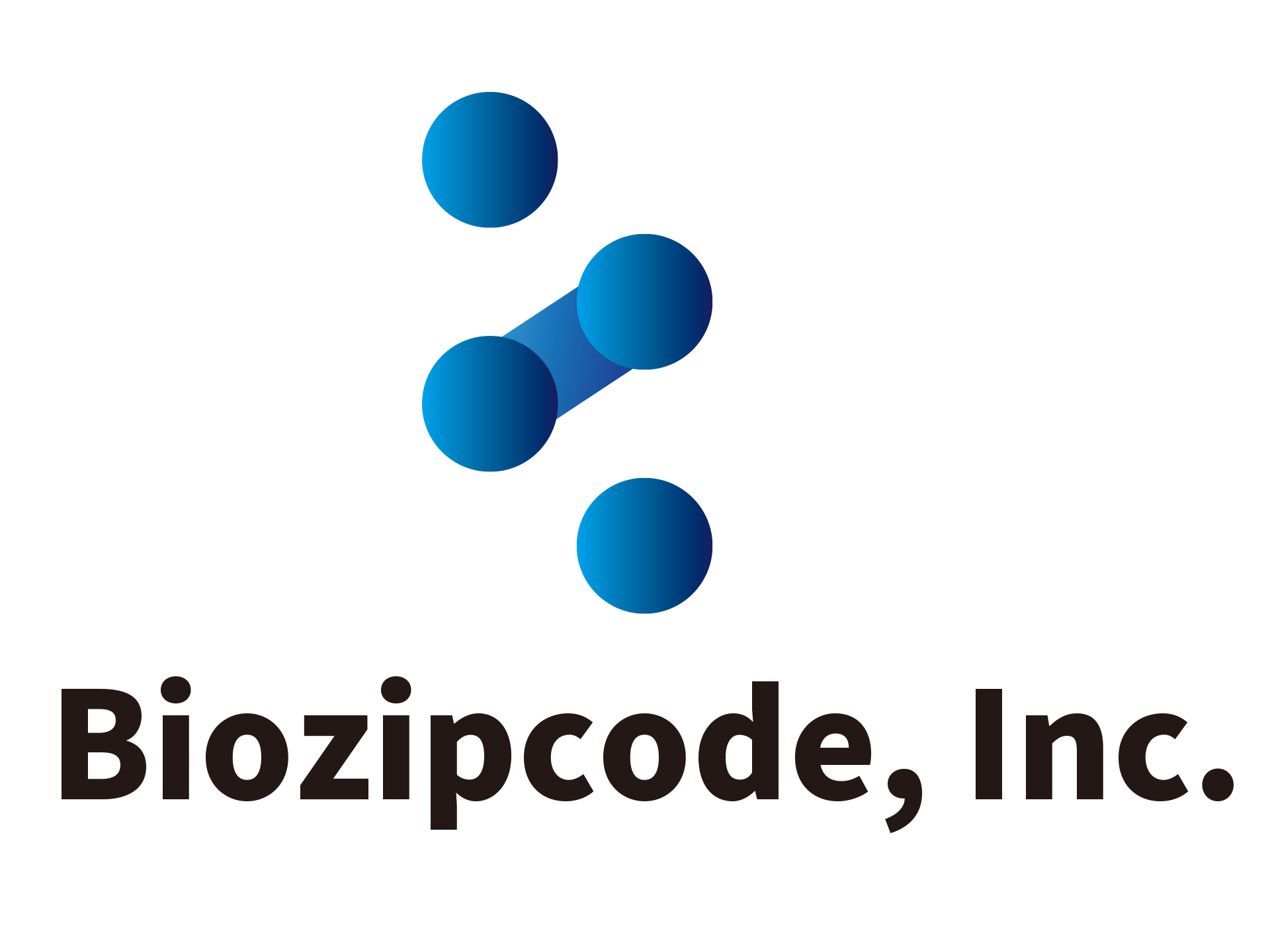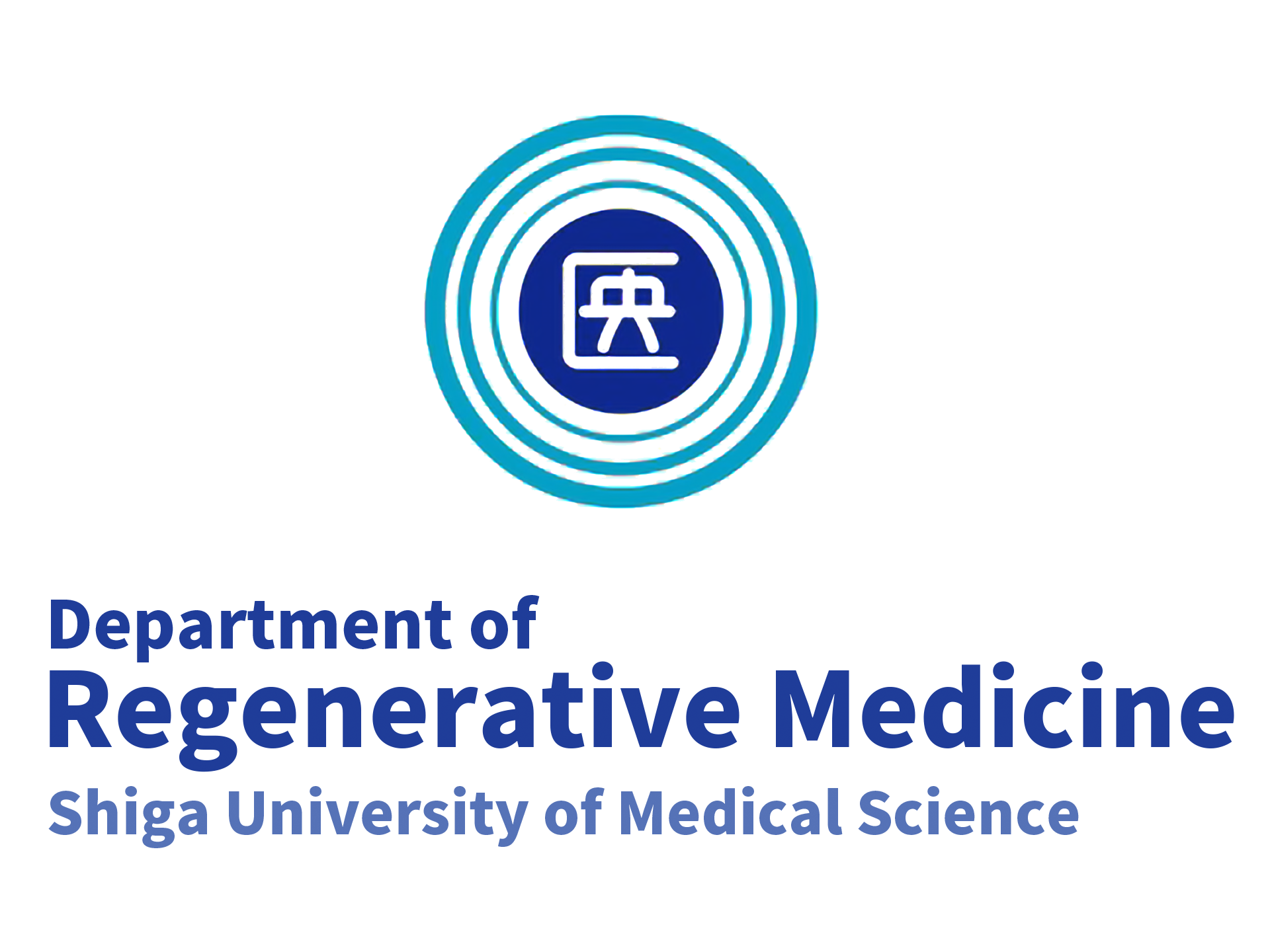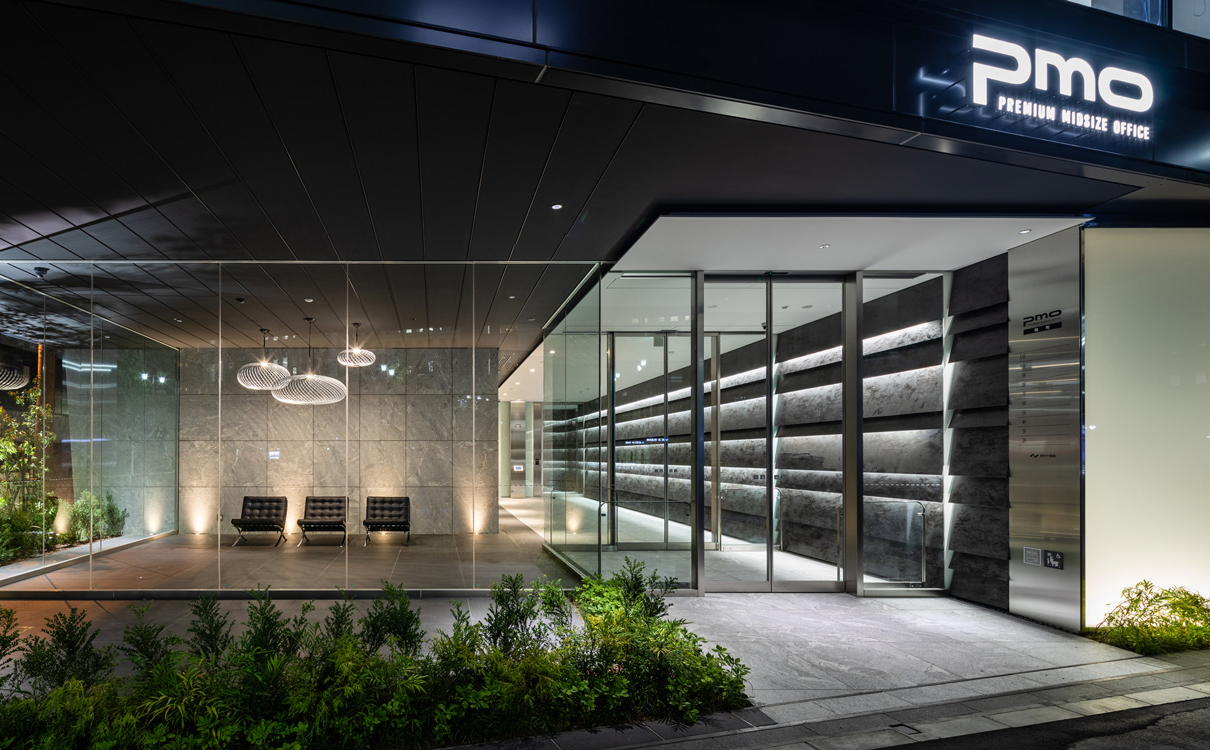Report on Specific Clinical Research Using 5-Aminolevulinic Acid (5-ALA) for COVID-19 Patients
09/05/2023
Report on Specific Clinical Research Using 5-Aminolevulinic Acid (5-ALA) for Patients with COVID-19
In collaboration with the National University Corporation Nagasaki University*1 (located in Bunkyo-cho, Nagasaki, Nagasaki Prefecture, President Shigeru Kawano: hereafter referred to as Nagasaki University) and NeoPharma Japan Co., Ltd.*2 (located at 6-2-6 Kojimachi, Chiyoda-ku, Tokyo, CEO Hiroyuki Ishikawa: hereafter referred to as NPJ), a specific clinical research was conducted on patients with COVID-19 using 5-aminolevulinic acid*3 (hereafter, “5-ALA”) and Sodium Ferrous Citrate (hereafter, “SFC”) developed, researched, and manufactured by NPJ. The results, after 14 days of intake of 5-ALA/SFC, showed no significant difference in the change of SARS-CoV-2 and clinical symptom scores compared to the control group, although improvements were noted in some symptoms. The results of this study have been accepted on August 1, 2023 (Japan Time) and published on August 25, 2023, in the international academic journal “Medicine.”
【URL】
5-ALA is a naturally occurring amino acid synthesized in the cells of humans, animals, and plants, and is also present in food, making it one of the amino acids we consume in our daily lives. Due to its high safety and functionality, it has been used in various healthcare products for over a decade.
Professor Kiyoshi Kita, head of the School of Tropical Medicine and Global Health at Nagasaki University, along with NPJ, has been focusing on the functionality of 5-ALA and advancing the development of malaria treatment drugs. Given its broad potential against various infectious diseases, Nagasaki University, with its long history in tropical disease research, is extensively exploring the tropical disease suppressing effects of 5-ALA.
This clinical study was planned and executed by Professor Koichi Izumikawa of the Clinical Infectious Diseases at Nagasaki University Medical and Dental Hospital/Clinical Infection Control Education Center and Associate Professor Kenji Tanaka of the Clinical Infection Control Education Center. The specific clinical study protocol for administering 5-ALA to COVID-19 patients was approved by the Certified Clinical Research Review Ethics Committee of Nagasaki University on October 28, 2020, and the research commenced as a multicenter trial involving eight hospitals in Japan.
【Abstract Summary of the Research Paper】
▶Trial Design
5-ALA, sold as a functional food in combination with Sodium Ferrous Citrate (SFC), has been shown in cell experiments to inhibit the proliferation of the severe acute respiratory syndrome coronavirus 2 (SARS-CoV-2) and exhibit anti-inflammatory effects in humans and animals.
This Phase II, non-blind, prospective, open-label, randomized, multicenter trial aimed to evaluate the safety and efficacy of 5-ALA/SFC in patients with mild to moderate COVID-19.
▶Methods
In this trial, patients with mild and moderate SARS-CoV-2 infection were randomly assigned to either a group that ingested 5-ALA/SFC for 14 days or a control group that did not. In the intake group, 5-ALA/SFC was administered orally three times a day (750/435mg/day) for the first seven days, followed by three times a day (450/261mg/day) for the next seven days. The primary endpoints were changes in the amount of SARS-CoV-2 virus, changes in clinical symptom scores, and the safety of 5-ALA/SFC (adverse events and clinical laboratory value vital sign fluctuations).
▶Results
A total of 50 patients from eight hospitals across Japan were enrolled. There was no significant difference in the baseline change in the amount of SARS-CoV-2 virus between the 5-ALA/SFC group (n=24) and the control group (n=26).
The number of days from Day 1 to the first improvement (evaluated by doctors) tended to be shorter in the 5-ALA/SFC group than in the control group, although the difference was not significant. In the 5-ALA/SFC group, improvements in “taste abnormalities,” “olfactory abnormalities,” and “appetite” were more pronounced, and the rates of disappearance of “cough,” “fatigue,” “taste abnormalities,” and “loss of appetite” were higher at Day 14. Adverse effects in the intake group occurred in 22.7% (8 cases) after Day 1. Adverse events at the time of 5-ALA intake “450mg/day or less” were 6.3% (1 case), and “over 450mg/day” were 25.0% (7 cases).
▶Conclusion
In patients with mild to moderate COVID-19, the 14-day intake of 5-ALA/SFC showed no significant difference in the change in SARS-CoV-2 and clinical symptom scores compared to the control group, but some symptoms showed improvement trends. The safety of 5-ALA/SFC in this trial was within an acceptable range. Further evaluation, either through larger-scale studies or modifications in research methodologies, is necessary. For detailed results, refer to the following (https://jrct.niph.go.jp/latestdetail/jRCTs071200048)
*1 Nagasaki University
Established in 1949, Nagasaki University is a national comprehensive university. The campus was relocated and integrated during the 1950s and 1960s, and the medical faculties and institutes (Medical School, Dental School, Nagasaki University Hospital, Institute of Tropical Medicine, etc.) are located at the Sakamoto Campus. Due to its geographical and historical background, Nagasaki University has outstanding achievements in tropical medicine and infectious diseases, and radiation medical science fields, and has an extensive accumulation of research and a rich lineup of researchers in the field of infectious diseases, making it a leading educational and research base for infectious diseases both domestically and internationally.
http://www.nagasaki-u.ac.jp/
*2 NeoPharma Japan Co., Ltd.
NeoPharma Japan Co., Ltd. is a pharmaceutical company specializing in the research, development, and commercialization of 5-aminolevulinic acid (5-ALA), a natural amino acid. With years of research on plants, animals, and humans confirming the utility of 5-ALA, the company aims to commercialize its applications across various domains. It is also the only company in the world that has the facilities to mass-produce 5-ALA, manufacturing it under the same quality control as pharmaceuticals for use as food ingredients. We are committed to contributing to global healthcare through 5-ALA.
https://www.neopharmajp.co.jp/
*3 5-Aminolevulinic Acid (5-ALA)
Humans, animals, and plants maintain their vital functions by producing energy in an organelle in their cells called mitochondria. For these mitochondria to function, 5-aminolevulinic acid (5-ALA) plays a crucial role. 5-ALA is an amino acid that has been safely used in health foods, cosmetics, pet supplements, feed, and fertilizer for over a decade.
http://5ala-journal.com/

